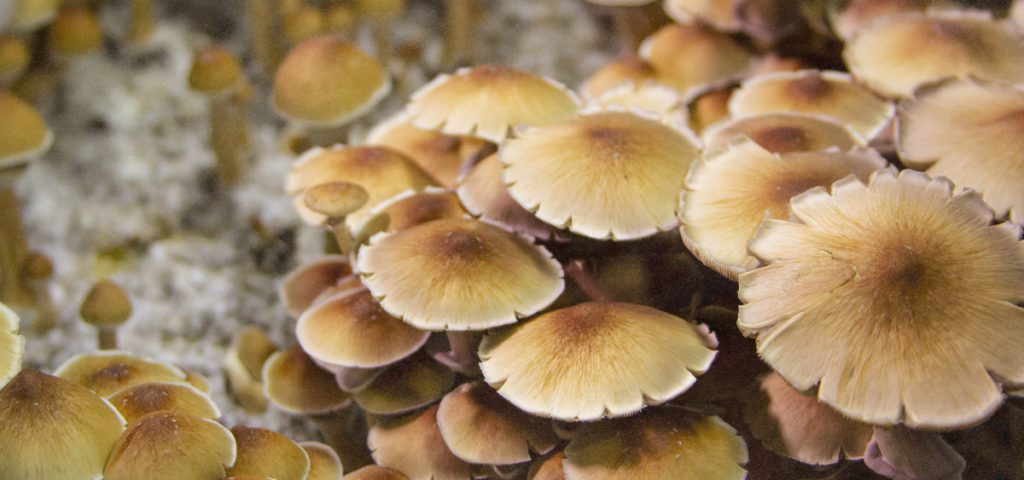Detroit voters decided to decriminalize psilocybin and the therapeutic use of other entheogenic plants during last week’s election.
Detroit Voters Decriminalize Psilocybin

Full story continued below.
Advertisement
Voters in Detroit, Michigan voted last week to decriminalize psychedelic mushrooms and therapeutic use of other entheogenic plants, CBS News reports. The approved initiative makes personal possession and therapeutic use of entheogenic plants by adults the city’s lowest law-enforcement priority.
The proposal passed with 61% of the vote.
The successful Detroit campaign – along with a similar initiative that passed in Ann Arbor last year – could be just the beginning of psychedelic reforms in the state, as Democratic senators have introduced a bill to decriminalize entheogenic plants and fungi statewide. That measure was introduced in September and is currently in the Judiciary and Public Safety Committee.
In 2019, voters in Washington, D.C. and in Denver, Colorado approved similar ballot initiatives. Last year, Oregon became the first state to legalize therapeutic use of psilocybin.
Earlier this year, New Jersey loosened penalties for possessing up to one ounce of psilocybin from a third-degree crime to a disorderly person offense. Under the reforms, those caught with psilocybin face up to six months in jail and up to $1,000 in fines instead of three to five years imprisonment.
A Denver Psilocybin Mushroom Policy Review Panel report issued earlier this year found that psilocybin decriminalization “has not since presented any significant public health or safety risk in the city,” according to the Denver Post.
Last month, the Drug Enforcement Administration (DEA) called for increasing the production of research-grade psychedelics – and cannabis – for next year.
“There has been a significant increase in the use of schedule I hallucinogenic controlled substances for research and clinical trial purposes,” the agency said in the October 18 Federal Register notice. “DEA supports regulated research with schedule I controlled substances, as evidenced by increases proposed for 2022 as compared with aggregate production quotas for these substances in 2021.”
Get daily news insights in your inbox. Subscribe
End